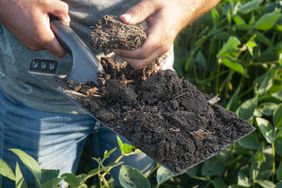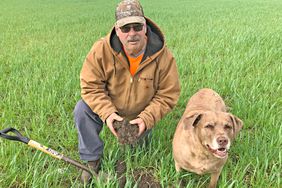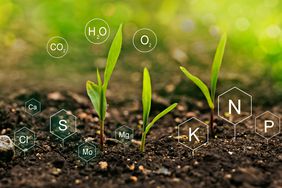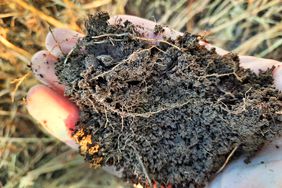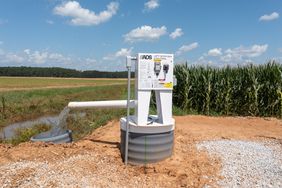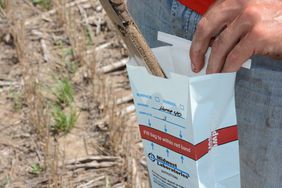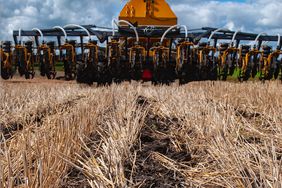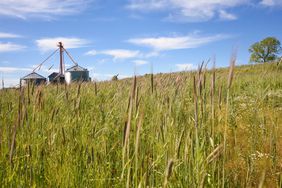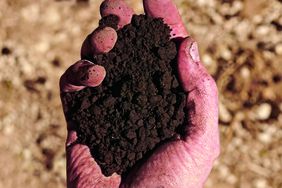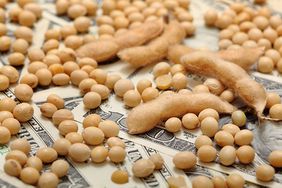:max_bytes(150000):strip_icc()/Field-of-cover-crops-2-1-2000-a12e4c1dcbc74e81b508c200c88c77a7.jpg)
ADM and PepsiCo announced a groundbreaking 7.5-year strategic commercial agreement to closely collaborate on projects that aim to significantly expand regenerative agriculture across their shared North American supply chains. This strategic partnership is expected to reach up to 2 million acres by 2030, and represents a trailblazing effort by two global companies that share ambitious carbon reduction goals.
The companies' capabilities span the food and agriculture value chains, creating a unique, large-scale platform to support farmers' transition to regenerative agriculture, while building their resilience to climate change.
The long-term agreement will initially enroll corn, soy and wheat farmers across Kansas, Minnesota, Iowa, Illinois, Indiana and Nebraska, with the opportunity for future expansion, to increase visibility across the value chain and integrate a range of multi-year farmer-first regenerative agriculture initiatives, including cover crops, reduced tillage, nutrient management, diverse rotations, and responsible pesticide use.
The companies plan to share resources and collaborate to create value throughout the supply chain by providing participants with technical and financial assistance, offering access to peer regenerative farming networks, hosting educational field days, and tracking results using trusted, third-party measurement systems.
- READ MORE: Great carbon expectations
Reaching the strategic partnership's goals could eliminate 1.4 million metric tons of greenhouse gasses – equivalent to the amount of electricity used to power 275,000 homes per year – at the farm level, while creating meaningful shared value directly for farmers.
"Building a better food system is essential to the future health of the earth and all of us," said Jim Andrew, Chief Sustainability Officer, PepsiCo. "At its core, PepsiCo is an agricultural company, working to spread regenerative agriculture practices that restore the earth and reduce carbon emissions to 7 million acres by 2030. This partnership with ADM marks a sea change in how PepsiCo engages with strategic partners and is expected to help us reach almost one-third of that goal. By enabling greater collaboration through strategic partnerships like this one, we can strengthen the livelihoods and resilience of the farmers we work with, while building a more sustainable future together."
"Sustainability is fundamental to ADM: Our growth strategy is underpinned by demand for more sustainable products, and our culture compels us to act," said ADM Chief Sustainability Officer Alison Taylor. "Last year, we expanded on our Strive 35 sustainability goals with a commitment to reduce our Scope 3 emissions by 25% by 2035, and expanding regenerative agriculture practices – as we have with our recent strategic partnerships with the National Fish and Wildlife Foundation and Farmers Business Network – will be key to reaching that goal. Today's announcement is a major step forward, as we work with a partner whose values align with our own to scale up regenerative agriculture in a way few other companies can. We're excited to take the next big step in reducing carbon and making our entire food system more sustainable."
